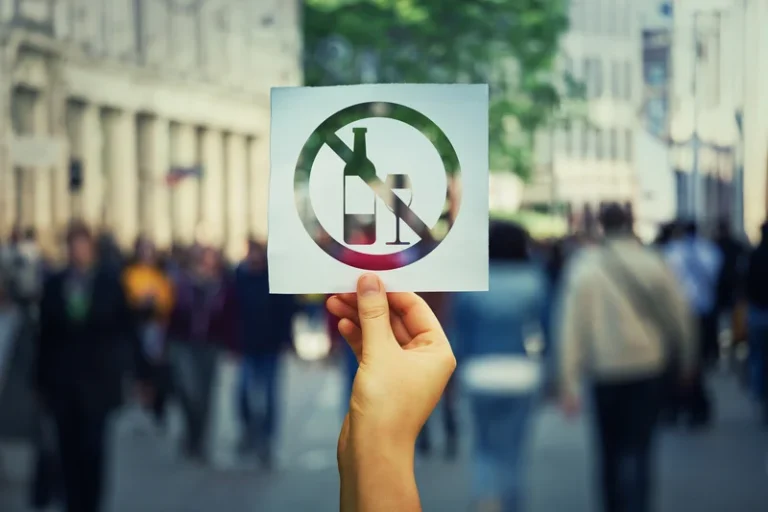Uncategorized
Relationship Recovery Is Critical for Addiction Recovery

Consistently staying sober and making amends for the past can restore trust and respect, creating a solid foundation for healthy relationships. Remember, avoiding isolation in addiction recovery isn’t about cutting off ties but about finding healthier ways to connect. Whether it’s a romantic relationship, a friendship, or family ties, be patient with the process. The important thing is to stay committed to your recovery and the health of your relationships.

Seeking Professional Help: Why It’s Crucial and How to Approach It
- Communicate openly and honestly with your partner about your feelings, concerns, and expectations.
- That makes the process of relationship recovery pretty abstract for people who aren’t engaged with couple or family therapy.
- It should not be used in place of the advice of your physician or other qualified healthcare provider.
- Initiating contact with friends, being honest about intentions and progress, and continuing with meetings or counseling sessions can help rebuild trust in friendships.
For anyone struggling with forgiveness during addiction recovery, it’s important to remember that holding onto anger and bitterness will only hold you back in your journey towards healing. By letting go of negative emotions through forgiveness, you can open up space for positivity, growth, and new relationships. Honest and open communication strategies are vital because they help establish a foundation of trust between individuals. When you share your thoughts and emotions honestly, it helps others understand where you’re coming from. By being transparent, you show that you’re willing to take responsibility for your actions and work toward making positive changes in your life.
- Without trust, it becomes challenging to establish a strong emotional connection and move forward together.
- If your relationship was strained before rehab, consider working with a relationship counselor.
- Additionally, damage caused by addiction could be mitigated through understanding what led someone into addictive behaviors.
Developing a Personalized Treatment Plan

Discover practical advice and strategies for repairing and rebuilding relationships affected by substance use, helping you foster stronger connections on your path to recovery. A person’s recovery journey can inspire and motivate those around them. By witnessing positive changes and growth in recovery, loved ones may be encouraged to explore their healing process. Sobriety can serve as a powerful example, leading others toward their path of personal growth and positive change. During recovery, individuals learn the importance of setting and respecting boundaries.

REPAIRING RELATIONSHIPS BROKEN BY ADDICTION
This sense of community can enhance their overall well-being and nurture hope for the future. It can be difficult at times to remember that someone’s addiction does not define who they are as a person. When trying to rebuild your relationship with your loved one as they recover, do your best to separate the person from the disease.
On the contrary, addiction often affects everyone around it, sometimes wreaking havoc on personal relationships. Addiction is a chronic illness that affects your behavior and personality. As such, it impacts how you interact with the people around you – people you care about and total strangers. As your dependence on substances worsens, you’ll prioritize drugs and alcohol more and more. At best, this will cause you to neglect your relationships; at worst, you may actively harm those close to you.

- Feelings of guilt, regret, anger, and sadness are common as you work through recovery and reconnecting with those you love, and it’s important to have an outlet to process these emotions.
- Moreover, codependent behavior can involve attempting to control or “fix” the addict’s problems.
- By seeking professional help, you can access the resources, guidance, and support necessary to rebuild trust, heal hearts, and strengthen your relationships during the addiction recovery process.
- The individuality of people’s situations and experiences with addiction necessitates a personalized approach to treatment.
A person living with an addiction may behave erratically, depending on whether they are sober, drunk, high, or recovering from a time when they were drinking or using drugs. When one person in the family develops a substance abuse issue, it doesn’t solely affect them. No matter their drug of choice, their addiction is a family disease, causing stress to the people living in the family home and those closest to the addict. Active participation and engagement with others are crucial in order to maximize the benefits of the support system. They provide a sense of belonging and alleviate feelings of isolation. Connecting with others who have undergone similar experiences helps partners realize that they are not alone in their journey.
In this part of the article, we will dive into rebuilding your life after addiction different ways of addressing this problem. Once you have addressed past events to the satisfaction of everyone involved, draw a line under them. You don’t have the power to change anything that has already taken place.
- Reinforcing your coping strategies and adjusting your recovery plan can also be beneficial.
- This pattern is also used to hide the addiction (or its extent) from others to keep it going.
- Therapy typically involves meeting with a licensed psychologist who can work with individuals to identify emotional triggers and develop coping mechanisms.
- Developing a Personalized Treatment Plan is essential for anyone seeking addiction recovery.
- Here at The Dawn Wellness Center and Rehab in Thailand, we offer a highly personalised addiction programme that seeks to meet the specific needs and personal aims of each of our clients.
Step 9 then involves making amends, including apologies, restitution, or repairing damaged trust. Discuss your feelings, expectations, and the boundaries that need to be respected to support your sobriety. Encourage your partner to share their thoughts and feelings as well, fostering mutual understanding and support. To communicate better during addiction recovery, it is important to be honest, clear, and respectful, while actively listening and validating others’ perspectives. It’s important to communicate with empathy and understanding while actively listening to what the other person has to say. It’s also essential to set boundaries and respect each other’s feelings.



